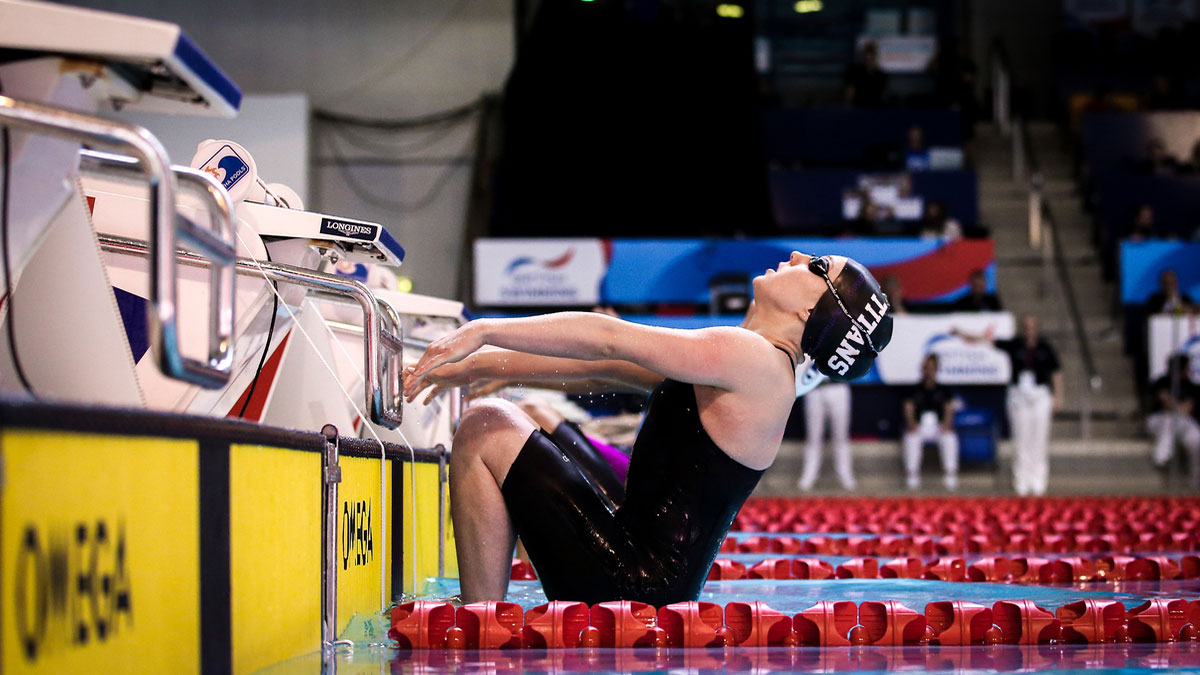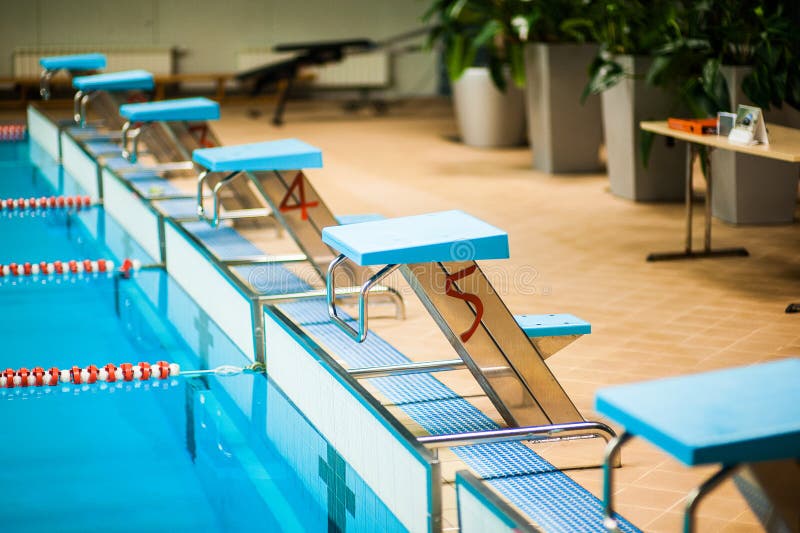Is Pool A Sport? Exploring The Debatable Nature Of Pool As A Competitive Discipline
Hey there, pool enthusiasts! If you've ever found yourself in a heated debate about whether pool is a sport or just a casual pastime, you're not alone. The question of "is pool a sport" has been lingering for years, sparking conversations among players, sports enthusiasts, and even casual observers. Today, we're diving deep into this topic to uncover the truth behind the debatable nature of pool as a competitive discipline. So grab your cue stick, and let's get rolling!
Now, you might be thinking, "Pool? A sport? Really?" Well, hold on tight because the answer isn't as straightforward as you might think. Pool, also known as billiards, has been around for centuries, evolving from a simple game played on tables with balls into a highly competitive and skill-based activity. But does it meet the criteria to be called a sport? That's the million-dollar question we'll tackle today.
Before we dive into the nitty-gritty, let's set the stage. Pool is more than just sinking balls into pockets. It requires precision, strategy, focus, and years of practice to master. Whether you're a casual player or a professional competitor, understanding the nuances of pool can change the way you view this game. So, buckle up because we're about to explore the world of pool like never before!
Read also:Syracuse Chargers Swim Team Your Ultimate Guide To Excellence In The Water
What Makes a Sport a Sport?
Alright, let's start with the basics. To determine if pool is a sport, we need to understand what defines a sport in the first place. According to the International Olympic Committee (IOC), a sport is "an activity requiring physical exertion and skill in which an individual or team competes against another or others for entertainment." Sounds simple enough, right? But when you break it down, the definition opens up a whole can of worms.
Physical exertion, skill, competition, and entertainment—pool checks a lot of these boxes. But is it enough? Let's take a closer look at each criterion and see how pool stacks up:
- Physical Exertion: Pool might not involve running, jumping, or heavy lifting, but it does require physical stamina. Players need to maintain focus for hours, control their breathing, and execute precise movements with their cue sticks.
- Skill: Skill is where pool truly shines. Mastering the game takes years of practice, and professional players exhibit incredible levels of precision and technique.
- Competition: Pool has a thriving competitive scene, with tournaments held worldwide and millions of dollars in prize money up for grabs.
- Entertainment: Let's not forget the entertainment factor. Watching professional players execute jaw-dropping shots can be just as thrilling as any other sport.
Why Pool is Often Overlooked as a Sport
Despite meeting many of the criteria, pool often gets overlooked as a sport. Why is that? Well, it might have something to do with the perception that pool is "just a game." Many people associate pool with casual nights out, friendly matches in bars, or even gambling. These stereotypes can overshadow the competitive and skill-based nature of the game.
Additionally, pool doesn't involve the same level of physical activity as traditional sports like soccer, basketball, or tennis. Critics argue that the lack of cardiovascular exercise and full-body movement disqualifies pool from being considered a sport. But is physical exertion the only factor that matters?
Is Pool a Sport? The Arguments For
Let's flip the script and examine why pool should be considered a sport. Here are some compelling arguments:
First off, pool demands an incredible amount of mental focus. Players need to think several steps ahead, plan their shots, and anticipate their opponent's moves. This level of strategic thinking is comparable to chess, which is widely recognized as a sport by many organizations.
Read also:Natasha Ty Tickle The Rising Star Taking The World By Storm
Secondly, pool requires physical precision. Professional players spend years honing their skills, perfecting their stance, grip, and stroke. They also engage in physical training to improve their endurance and control. So while pool might not involve running or jumping, it still demands a high level of physical competence.
Finally, pool has a competitive structure that rivals any other sport. The World Pool-Billiard Association (WPA) organizes global tournaments, and professional players compete at the highest levels for significant prize money. The WPA even recognizes pool as a "mind sport," emphasizing its mental and strategic components.
Key Players in the Pool Community
To understand the competitive nature of pool, let's take a look at some of the key players in the community. These individuals have elevated pool to new heights and helped establish it as a legitimate sport:
- Efren Reyes: Known as "The Magician," Reyes is one of the most iconic players in the history of pool. His incredible skill and showmanship have inspired countless players around the world.
- Shane Van Boening: Often referred to as the "Ice Man," Van Boening is a dominant force in the modern pool scene. His consistency and precision have earned him numerous championships.
- Jennifer Barretta: A trailblazer in women's pool, Barretta has shattered glass ceilings and proven that women can compete at the highest levels of the sport.
The Science Behind Pool
Now, let's get nerdy for a moment. Pool is more than just a game of angles and luck. There's actual science involved in every shot. Physics plays a crucial role in determining how the balls move, spin, and interact with each other. Understanding concepts like friction, momentum, and kinetic energy can give players a significant advantage.
For example, did you know that applying different types of spin to the cue ball can change its trajectory after hitting another ball? This is known as "English" or "side spin," and it's a technique that separates amateur players from professionals. So next time someone tells you pool is "just a game," remind them of the scientific principles at play!
Common Misconceptions About Pool
There are several misconceptions about pool that contribute to the debate over its status as a sport. Here are a few of the most common ones:
- Pool is Easy: Far from it! Mastering pool takes years of practice and dedication. Even professional players constantly work on improving their skills.
- Pool is Just for Gamblers: While pool has a history of being associated with gambling, modern competitive pool is all about skill and strategy. The gambling stereotype is a relic of the past.
- Pool is Only for Casual Players: Competitive pool is a serious business, with players traveling the world to compete in high-stakes tournaments. It's not just about friendly matches in the local bar.
Why Pool Deserves Recognition as a Sport
After examining the arguments for and against pool as a sport, it's clear that pool deserves recognition. The combination of mental focus, physical precision, and competitive structure makes it a legitimate sport by any definition. Sure, it might not involve the same level of physical exertion as traditional sports, but that doesn't diminish its value or the skill required to excel.
Moreover, recognizing pool as a sport can help elevate its status and attract more attention and investment. By legitimizing pool as a sport, we can encourage more people to take it seriously and appreciate its complexity and beauty.
The Future of Pool as a Sport
Looking ahead, the future of pool as a sport looks bright. With the rise of online streaming platforms and social media, more people than ever are tuning in to watch professional pool matches. This increased exposure is helping to break down stereotypes and showcase the true nature of the game.
Additionally, organizations like the WPA are working tirelessly to promote pool as a legitimate sport. They're organizing more tournaments, offering bigger prize pools, and creating opportunities for players to compete at the highest levels. As the sport continues to grow, we can expect to see even more recognition and respect for pool as a competitive discipline.
Conclusion: Is Pool a Sport?
So, is pool a sport? The answer is a resounding yes! Pool meets all the criteria for a sport, from physical precision and mental focus to competition and entertainment. While it might not fit the traditional mold of sports like soccer or basketball, that doesn't make it any less valid.
As we've explored throughout this article, pool is a complex and fascinating game that requires years of practice and dedication to master. It's time we give it the recognition it deserves and acknowledge it as a legitimate sport.
Now it's your turn! What do you think? Is pool a sport, or is it just a game? Leave your thoughts in the comments below, and don't forget to share this article with your friends. Together, we can keep the conversation going and help elevate pool to its rightful place in the world of sports!
Table of Contents
- What Makes a Sport a Sport?
- Why Pool is Often Overlooked as a Sport
- Is Pool a Sport? The Arguments For
- Key Players in the Pool Community
- The Science Behind Pool
- Common Misconceptions About Pool
- Why Pool Deserves Recognition as a Sport
- The Future of Pool as a Sport
- Conclusion: Is Pool a Sport?


